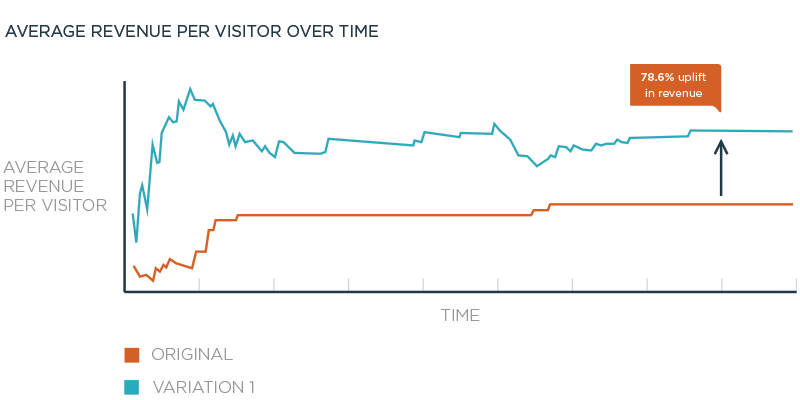Conversion Rate Optimisation provides Rental Cars NZ to quickly test different scenarios aimed at improving user experience, conversions and revenue.
CLIENT: Rental Cars NZ | PROJECT: Conversion Rate Optimisation
Increased bookings and revenue. How one small change made a big difference for Rental Cars NZ.
RentalCars NZ is proud to be a 100% kiwi owned and operated family company specialising in rental vehicles at affordable rates. RentalCars NZ offer a wide range of rental vehicles and pricing options from small hatchbacks through to 12 seat minibuses at prices to suit all budgets from various locations around NZ. They are dedicated to providing their customers with a satisfying vehicle rental experience every hire. With this in mind, RentalCars NZ are committed to continually improving user experience on their website, which in turn leads to more satisfied clients and additional revenue. Conversion Rate Optimisation provides an environment that enables RentalCars NZ to quickly test different scenarios aimed at improving user experience, conversions and revenue.
Objectives
For this particular experiment, our goal was to increase online completed bookings, and increase revenue. FIRST applies a data driven CRO methodology to all tests which helps uncover key focus areas to analyse and test. Below is the simplified 5 step approach used for this experiment.
1. ASK A QUESTION – What cause and effect relationships can we examine to boost the conversion rate for the online car rental bookings on www.rentalcarnz.com? Are there any obvious disconnects between messaging and visitor expectations?
2. DO BACKGROUND RESEARCH – Being hands on with Rental Car NZ’s PPC, FIRST decided to focus on the vehicles page as this is one of the primary landing pages for AdWords visitors, which made it an ideal candidate page for some conversion rate optimisation Many of the AdWords ads specifically mentioned “from $21 per day” in their text, but on the landing page it was necessary to scroll all the way to the bottom of the page to find the budget “Cheap and Cheerful” cars that cost $21 per day.
4. TEST WITH AN EXPERIMENT – FIRST created a variation of the /vehicles/ page, ordering the vehicles from cheapest to most expensive.
5. ANALYSE DATA AND DRAW CONCLUSION – There was an immediate improvement in engagement, bookings, conversion rates and revenue. Resulting bookings from visitors who landed on the test page increased by 59.2% and improved revenue per visitor by 78.6% compared with visitors who landed on the original page.
Some key results achieved
78.6% improvement in revenue
54% improvement in bookings

Key insights
Always try and match the users experience with their search intent. By matching the landing page content more closely with user’s expectations we were able to improve conversions. Paid Search offers marketers a quick and flexible way of matching message with offer.
Sometimes small changes can make a big difference.
“Working with the team at FIRST Digital has been very valuable for our business. They have worked hard to understand our company and the industry we operate within and provide a service to meet our needs. They have challenged our thinking at times and have helped us to make some important changes to our website and digital marketing strategy.”
– MARTY OETGEN
